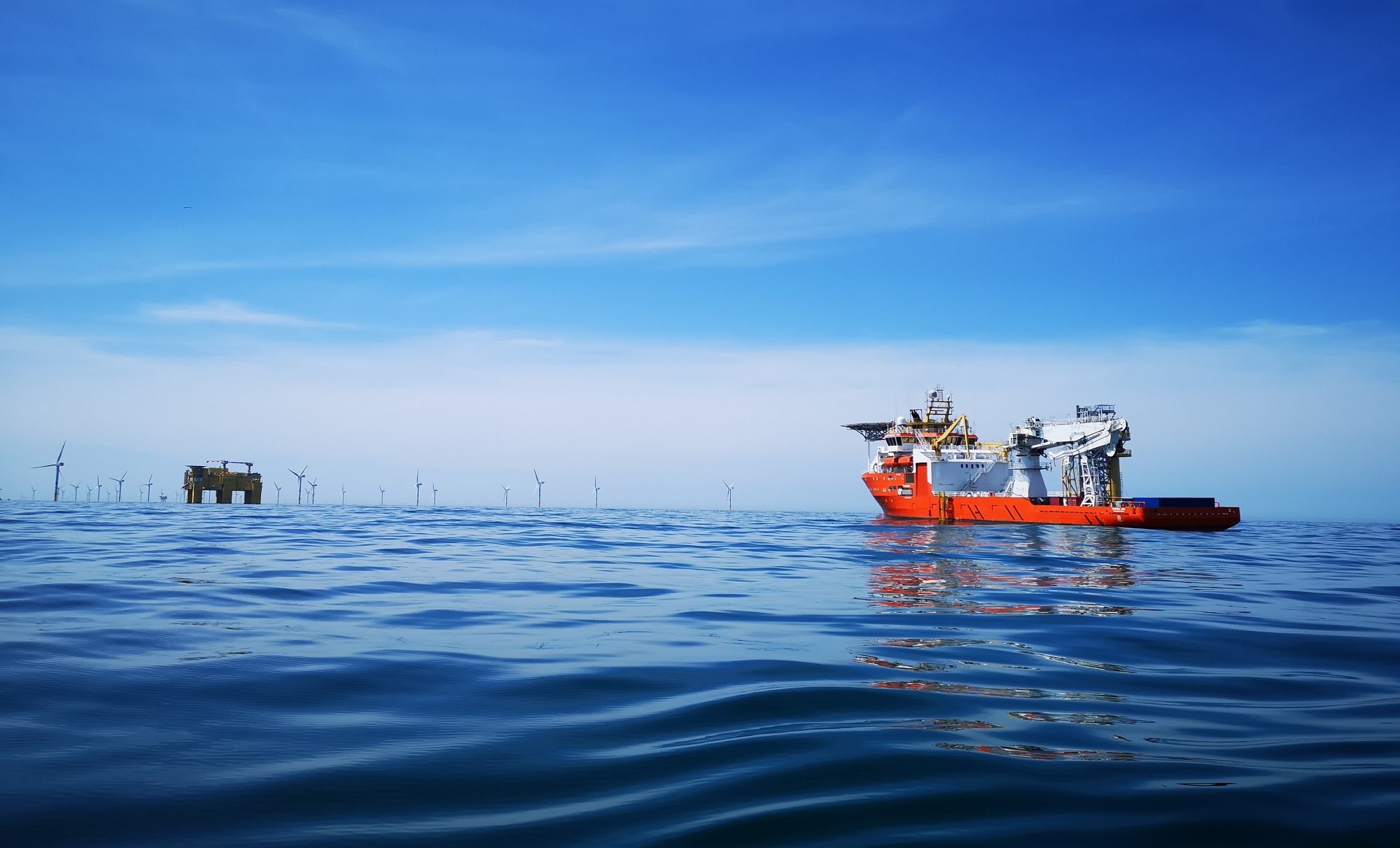/Reuters Agency
Turkey’s main oil refineries are buying more non-Russian crude in response to the latest Western sanctions against Russia, two people with direct knowledge of the matter and several industry sources told Reuters.
Turkey is one of the largest buyers of Russian crude, along with China and India. Now, Turkish refineries are taking measures similar to those of India, reflecting the impact of efforts by the United States, the European Union and the United Kingdom to restrict sales of Russian oil used to finance the war in Ukraine.
One of Turkey’s largest refineries, the Socar Turkey Aegean Refinery (Star), owned by the Azerbaijani company Socar, recently purchased four cargoes of crude from Iraq, Kazakhstan and other non-Russian producers for arrival in December, according to the sources.
This amounts to between 77,000 and 129,000 barrels per day (bpd) of non-Russian supply, depending on the size of the cargoes, according to Reuters calculations, implying that Socar will use less Russian crude.
Russian crude accounted for virtually all of the Star refinery’s supply in October and September, at about 210,000 bpd, according to Kpler data.
One of the four cargoes is a shipment of Kazakh Kebco, according to two sources, of quality equivalent to Russian Urals crude, but originating in Kazakhstan. Socar’s Star refinery imported only one other such Kazakh cargo so far this year, and none in 2024.
The other major Turkish refinery, Tupras, is increasing the purchase of non-Russian crudes of similar quality to Russian Urals, such as Iraqi grades, two sources said without giving further details.
The measures taken by Turkish refineries to increase the acquisition of non-Russian crude due to the latest sanctions had not been previously reported.
Tupras, which owns two major refineries in Turkey, will likely completely eliminate imports of Russian crude at one of these plants soon, in order to maintain its fuel exports to Europe without violating the new European Union sanctions, the sources said. The company would continue to process Russian crude at the other refinery, they added.
Tupras has already diversified its crude supply this year, purchasing its first cargo from Brazil and is currently awaiting its second cargo of Angolan crude, a shipment of Mostarda that will arrive in early November.
Turkey will receive 141,000 barrels per day (bpd) of Iraqi crude in November, according to Kpler, an increase from 99,000 bpd in October and compared to an average of around 80,000 bpd during this year. December data is not yet available.
Turkey imported approximately 669,000 bpd of crude oil between January and October, according to Kpler data, of which 317,000 bpd, or 47%, were of Russian origin.
This compares with 580,000 bpd of crude imports in the same period last year, of which 333,000 bpd came from Russia.





